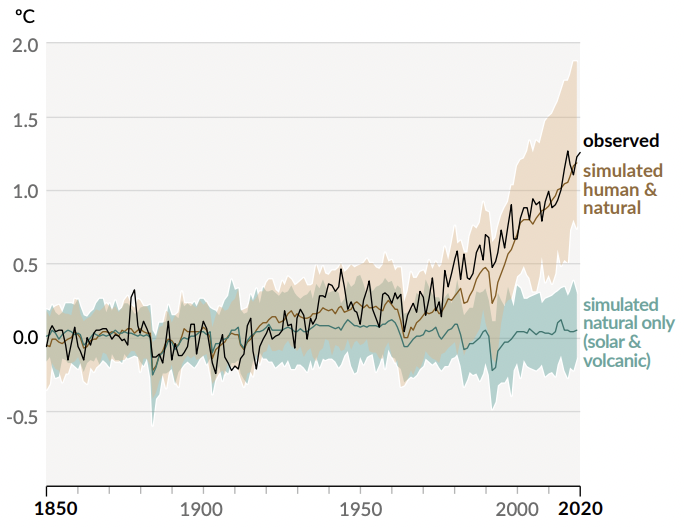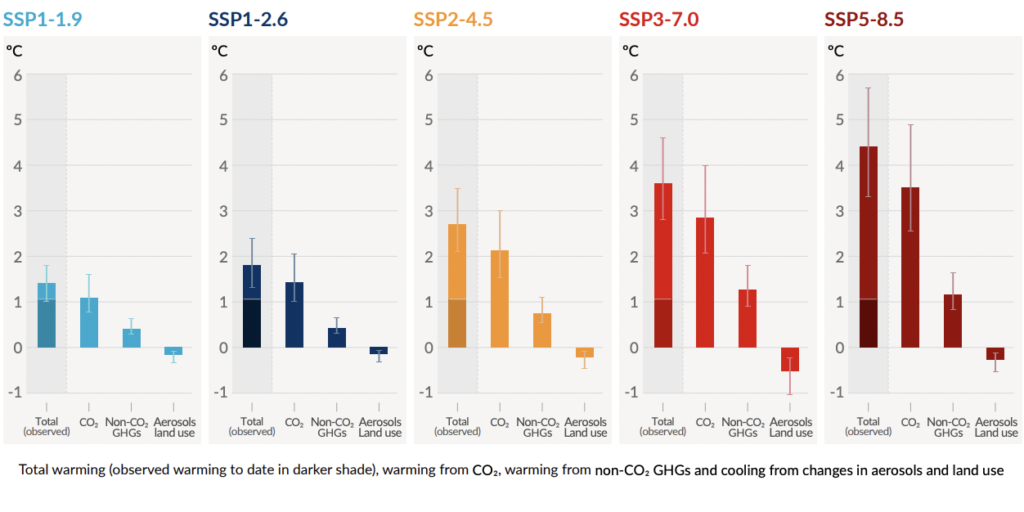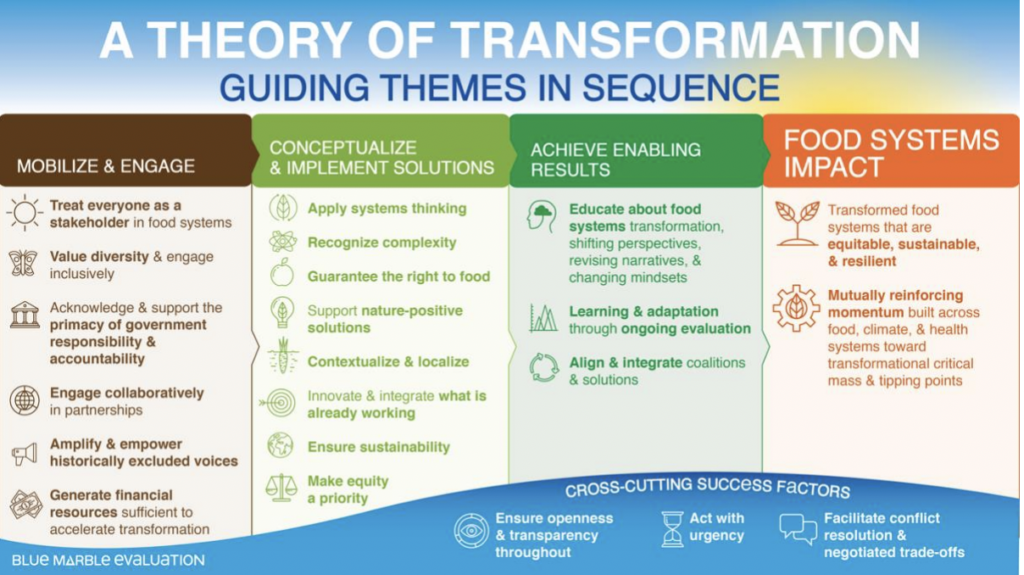IFIAD annual conference 2021.
The annual conference for the Irish forum for international agricultural development (IFIAD) took place last Wednesday, 20th of October. The main theme of this conference was “A year for action: Food and climate” a very appropriate theme for the challenges that we face in eradicating hunger in a changing climate. There were some very interesting viewpoints following the food systems summit along with insights into the much-anticipated COP26 which will begin on the 31st of October. Speakers from various organizations such as the FAO, IPCC, CCAFS and IFAD were present to deliver their perspectives.
Some of the key areas that were discussed
The complex challenge of SDG2 “zero hunger”.
Maximo Torero from the FAO provides information about the key topics of the world food summit to address eradicating hunger. Hunger has been exacerbated by covid 19 and we are still quite far in achieving zero hunger by 2030 with about 811 million today facing hunger. There are 5 action areas of the food summit with coalitions to address these issues and 231 commitments to take action to build healthier, more sustainable food systems. Fairer global food trade systems are essential to enabling poor countries to receive food from the 9 food groups that are essential to fighting malnutrition.
Building back better after covid 19
So far, NDC’s that have been provided ahead of COP26 only account for 15% of what is necessary to stay below 1.5°C. Food and climate need to be addressed as one system to identify trade off’s and synergies that need to be worked on. We have a once in a generation chance to redevelop our current systems to tackle climate change and food insecurity.
All of the stakeholders need to be involved in the process of change.
Pippa Hackett says that getting farmers involved from the start is crucial as they know their lands the best and need the opportunity to be more engaged in the process. This viewpoint was very well supported by the other participants of the conference.
Scientific evidence of climate change.
Mark Howden provides the facts about climate change. He states that and carbon dioxide emissions and concentrations are increasing in the atmosphere, and we are already 1.1°C above pre industrial levels. Which is heavily influenced by anthropogenic activity which can be seen in fig.2. As stated by Charles Spillane, in most of the projected scenarios, we already exceed a global temperature increase of 1.5°C which can be seen in fig.3 below. Mark Howden also reveals that 29% of greenhouse gas emissions come from our food systems and these systems are influencing climate change and are affected by climate change. He also discusses the relevance of resetting our waste agenda and the impact that changing diets can have on emissions.


Private sectors need to be more involved.
The private sector needs to adopt the already identified pathways to achieving zeros hunger and transforming food systems that show more inclusion of marginalized groups, women and youth. Youth are the drivers of change and there needs to be more incentives for them to get involved.
Trust is crucial
This was a frequently mentioned topic that came up in the conference. Many speakers in discuss the value of trust and transparency between all actors to create equitable and just food systems.
Areas of polarization
Country centric approaches
Connell Foley states that some countries are avoiding political issues and some governments may take the technical solutions in their pathways ignoring the fact that we need to create more equitable food systems and respect the rights of the most marginalized. There seems to be a lack of trust at a national and global level and Sinead Mowlds states that this lack of trust will result in the world not achieving our goals and more transparent decision-making processes are necessary.
COVID-19 and other geopolitical issues
Tom Arnold explains that food systems have made their way up the political agenda, however other geopolitical issues, climate, and the recovery from covid-19 are more of a priority to certain countries.
Are countries really committed?
Toma Arnold explains that countries state that they are fully committed to achieve the SDG’s and reaching the goals of the Paris agreement, however some countries have only made little progress and are only beginning the process. There is too much emphasis on macroeconomic development rather than finance being used towards innovation, adaptation, and mitigation measures.
Alignment with the goals of COP26 and UN food systems summit.
Many of the key areas of focus from this conference aligned with the success factors of the food summit which include new actions and strategies to work towards achieving the SDG’s and create equitable, sustainable food systems worldwide working together to achieve this. One area that was not discussed in the conference is a follow up and review. One of the success factors of the food summit is “to learn and adapt through ongoing evaluation”.This did not seem to be discussed in the conference. Annual evaluation methods are essential to eliminate poor practices and promote strong practices when we are in race against time.
Another goal of the food systems summit that did not receive much attention was to “educate about food systems”. Education is critical in developing food systems and I believe much more emphasis needs to be given on this in both developing and developed countries. Below are the 22 guiding themes of the food summit, which were almost all mentioned in this conference.

The conference was also very much in line with what we need to achieve at COP26. Reducing emissions, adapting quickly and working together all in a sense of urgency. One goal of COP26 that wasn’t mentioned in this conference was to mobilize finance. “Developed countries must deliver on their promise to raise at least $100 billion every year in climate finance to support developing countries” (UNFCCC, 2021). This budget is absolutely essential in helping developing countries adapt to climate change which they contributed so little to.
To learn more about the goals of COP26 have a look at this document produced by the UNFCCC which can be found here:
https://ukcop26.org/wp-content/uploads/2021/07/COP26-Explained.pdf